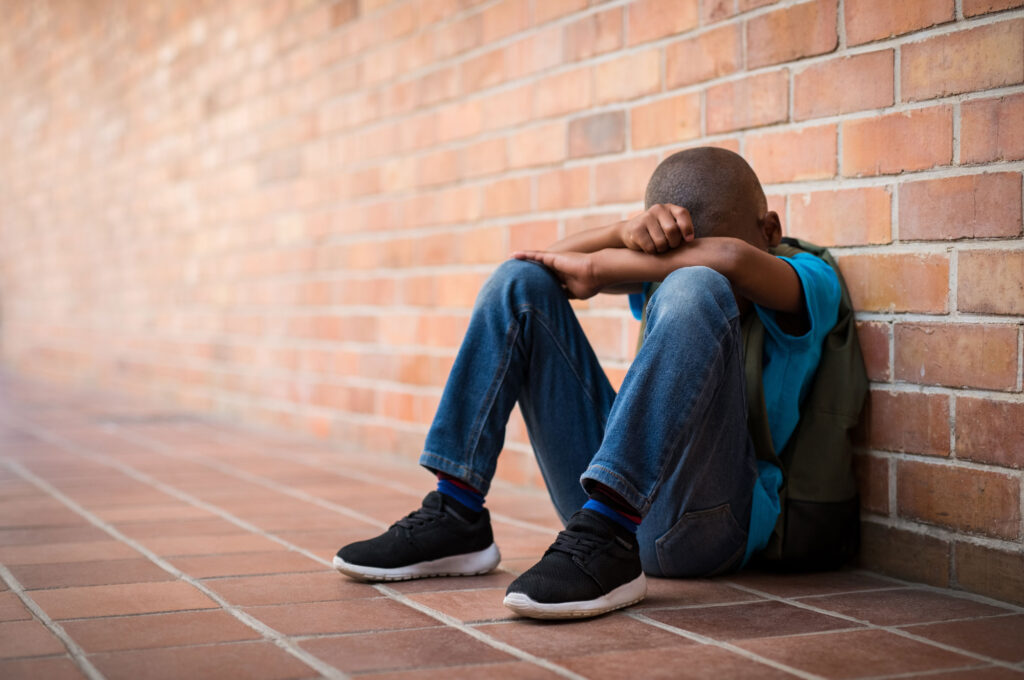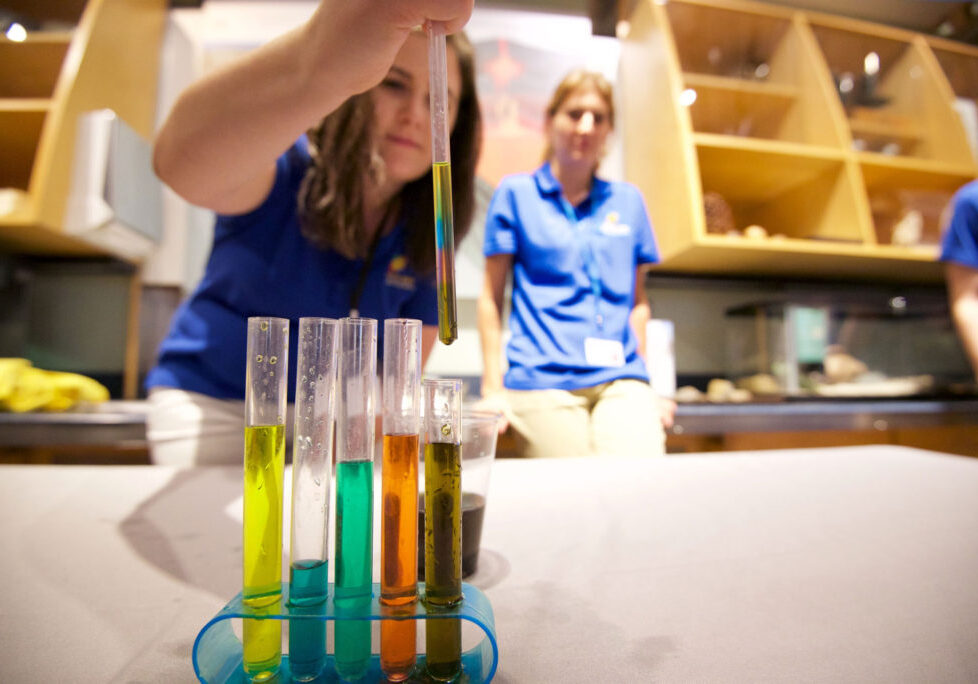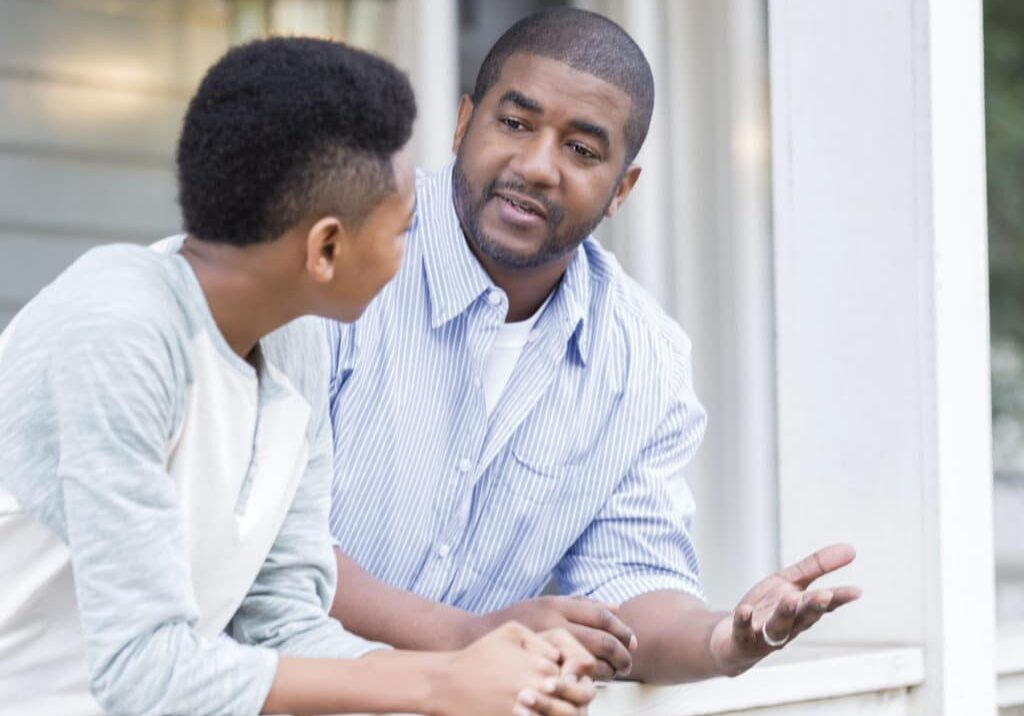Serious traumatic events like the North State wildfires in 2020 and 2021, or suddenly having to move due to family or housing issues can diminish a child’s feelings of trust and safety. During an evacuation, sudden relocation or other urgent life changes, the adults are in survival mode patching together the basics of food, shelter and clothing. But what about the kids? Children may be experiencing high levels of distress from events they don’t understand and emotions they don’t know how to manage. By understanding the signs of child distress, parents can take intentional steps to restore their child’s sense of safety, love and stability. Even in the face of adversity, parents can help strengthen their children and build the resilience they’ll need to cope with stress.


Signs of distress
A child’s signs of distress are important clues for parents. Child trauma expert Dr. Bruce Perry explains, “The acute post-traumatic period is characterized by an attempt by the child to re-organize, re-evaluate and restore their pre-traumatic world. Many of the emotional, behavioral and cognitive signs and symptoms of the acute post-traumatic period are due to these efforts.”
Children may not know how to tell parents about their fear, confusion or turmoil. It’s their behavior that communicates distress. Parents should watch for signs of distress, including:
- Difficulty separating from parents or other important people.
- Sleeping too much or too little, or having a hard time getting to sleep.
- Developing a fear of the dark.
- Eating too much or too little.
- Becoming more, or less, physically active.
- Being unusually quiet or remote or more talkative than usual.
- Bedwetting or diarrhea.
- Stomachache, headache, nausea or body aches.
- Fearful reactions to loud or sudden noises such as sirens or household sounds.
- Patterned behavior like rocking, thumb sucking or humming.
Take steps to reduce a child’s distress
Adverse Childhood Experiences (ACEs) are stressful or traumatic events that can have lasting effects on health and wellness into adulthood. Childhood trauma can be linked to heart trouble, mental health disorders, drug and alcohol abuse and other serious adult health and behavior issues. During and after traumatic events, parents can reduce their child’s likelihood of acquiring ACEs by taking steps to nurture them through their distress. The following are suggested steps that parents can take to help their children.
- Give children an abundance of warm attention and loving interactions.
- Re-establish routines as soon as possible; a predictable mealtime, bath and bedtime restore a sense of predictable, reliable normalcy.
- Engage in side-by-side activities such as walking, drawing, coloring, puzzles or playing with blocks.
- Let children talk about the event when they are ready.
- Share brief, honest information about the event and allow children to ask questions.
- Be reminded that children don’t worry about the same things as adults. Take care to validate their worries.
- Stay available to children, especially at bedtime.
- Know when to seek help from a healthcare or mental health professional. Anxiety may last for months, but panic attacks, hearing voices, seeing things or wanting to harm oneself or others are indicators that help is needed.
- From toddlers to teens, offer the reassurance of loving hugs or a pat on the back.
Remember that reassuring and strengthening children will be an ongoing need as they transition from their old home to a new place to live, a new school and meeting new friends. They may be missing old friends and familiar places and, in some cases, grieving for family members or pets they have lost. The stable and nurturing relationship children have with their parents or at least one caring adult is a protective factor that can help them through a traumatic event. The support they receive during and after trauma can foster resilience that will help them thrive in the future. Protect children with unwavering love, support and attention. Help them emerge from a traumatizing event stronger than before.
Posted in: Safety, Youth & Teen
Comment Policy: All viewpoints are welcome, but comments should remain relevant. Personal attacks, profanity, and aggressive behavior are not allowed. No spam, advertising, or promoting of products/services. Please, only use your real name and limit the amount of links submitted in your comment.
You Might Also Like...

Summer Camps & Classes
After a year when your kids have missed social time with friends, the good news is that summer camp — during the day — is making a comeback in the […]

Same-Page Parenting With Young Children
Parenting young children is hard. It is even harder if you and your partner are not aligned in your child-rearing game plan. A strategy called same-page parenting with young children […]

Experiencing Trauma: How to Talk to Your Teen About Violence and Trauma
In the United States, four out of ten adolescents have directly witnessed violence, 17 percent have been physically assaulted, and eight percent have experienced sexual assault. These rates are even […]

When Someone Believes, Possibilities Open: Solid as a Rock – Azad’s Martial Arts’ Rock Solid Teens Program
What does it take to make a significant change in one’s life, to go from struggle to a place of confidence? Farshad Azad believes it’s a combination of factors and […]



